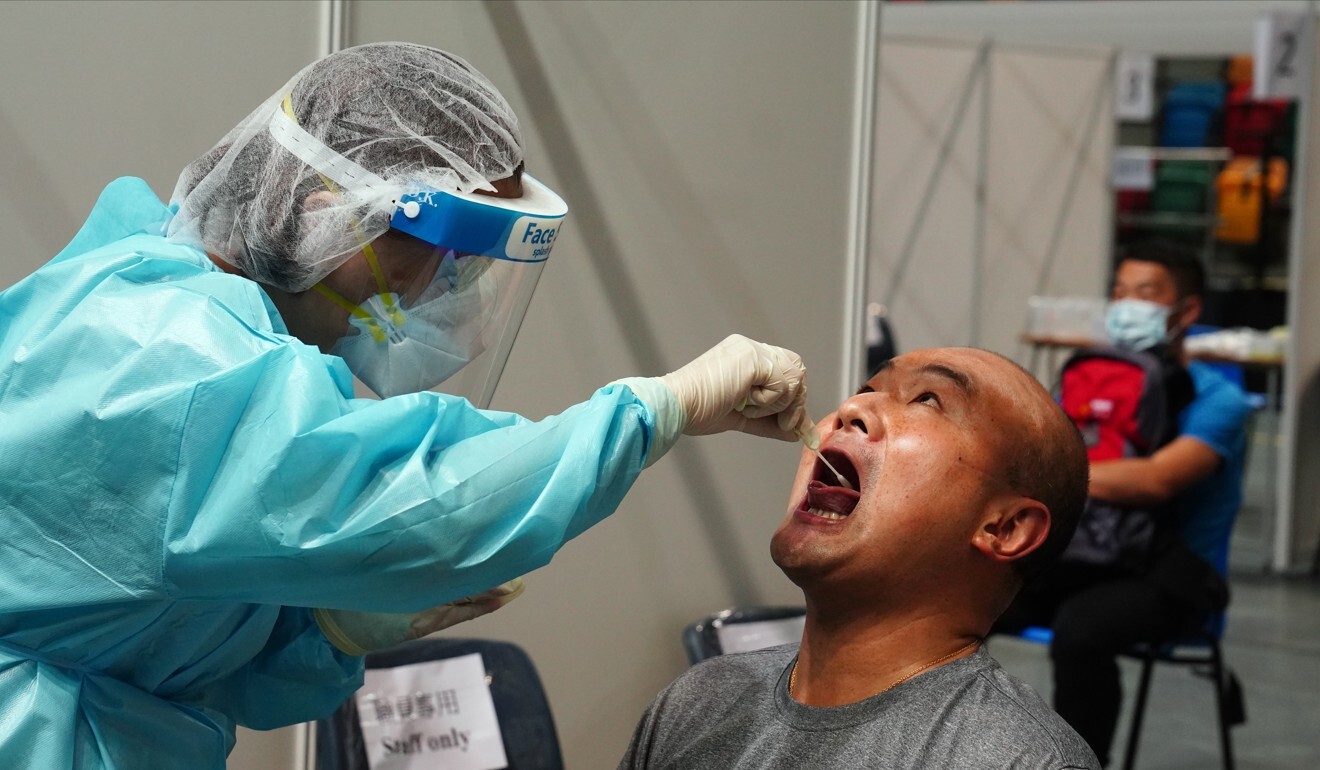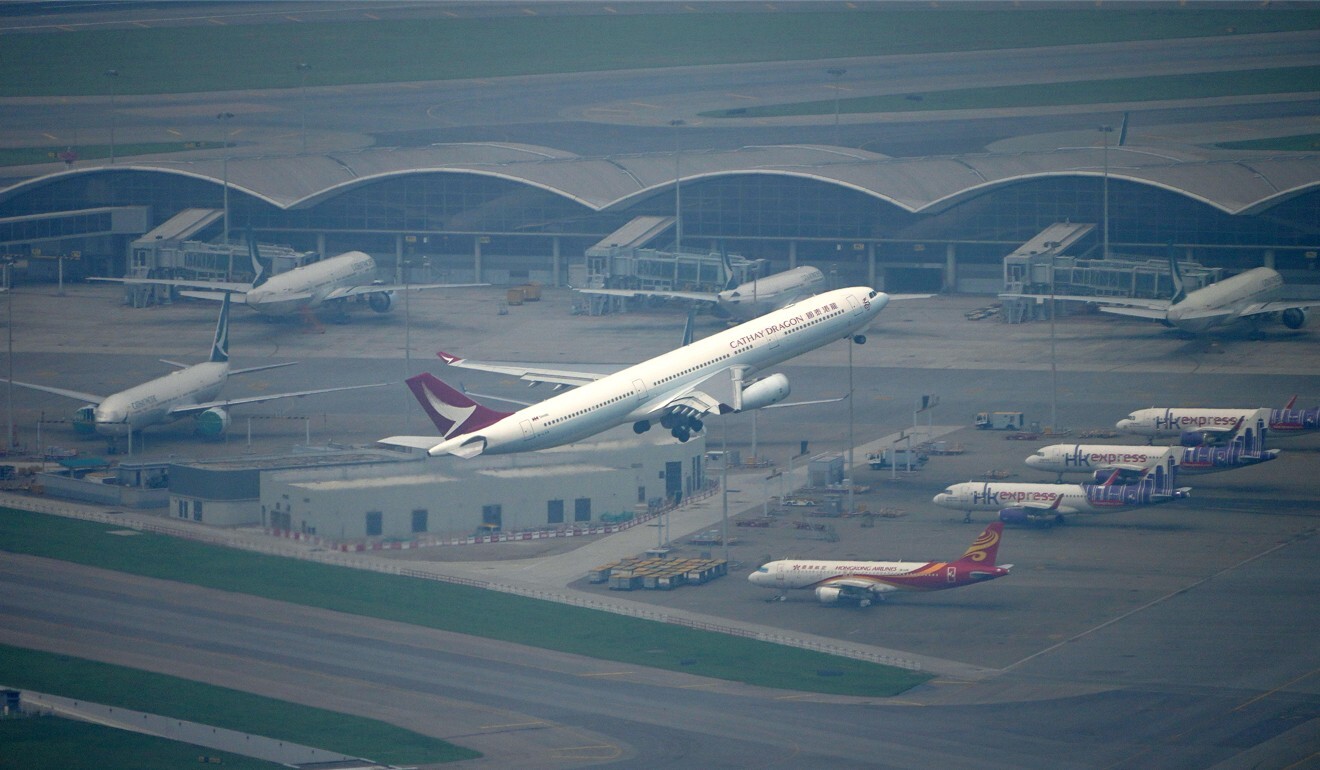The antigen test, also backed by a member of Carrie Lam’s cabinet, produces results within 15 minutes, though some have questioned its reliability.
Cathay Pacific has thrown its weight behind a rapid new Covid-19 testing method it believes can help safely pave the way for long-awaited travel bubbles, though passengers may have to initially live with some form of quarantine.
The backing of the much quicker antigen tests for international travellers from Augustus Tang Kin-wing, the airline’s CEO, came as a member of the Executive Council, Hong Kong leader Carrie Lam Cheng Yuet-ngor’s de facto cabinet, also lobbied airport and health authorities to adopt the new method when it hits the market.
The antigen test, which produces results within 15 minutes, has generated questions about its reliability. While some health experts have said the accuracy of some rapid tests can be as high as 97 per cent, Hong Kong has recently imported numerous cases from India, which relies heavily on rapid testing.
“We should be working on [making] travel bubbles happen. We believe we should be using rapid tests in Hong Kong, [and] rapid tests in the partnering region in that particular travel bubble,” Tang told the Post in an interview, suggesting the corridors were the solution needed by a battered aviation industry.

“We believe it is important that we risk manage it at the start when opening up. Depending on the risk profile, the quarantine requirement may not be required, or you still may need 14 days or five days,” he added.
Tang said virus-free bubbles were vital given how long it might take for countries to contain the pandemic. The airline is suffering under Hong Kong’s tough travel restrictions, which subject arriving passengers to 14 days of quarantine.
Its passenger flights have been reduced to a few dozen a day, and it is carrying just 1 per cent of its normal daily customer volumes.
Hong Kong currently favours deep-throat saliva testing for its reliability, but it takes about eight hours to get the results.

Tang’s support for rapid testing coincides with a similar call made by the global airline industry last week, which said the technology to make accurate, reliable and affordable 15-minute examinations would be ready within weeks.
The International Air Transport Association said it wanted mandatory testing for all international flights, as the industry remains in a state of crisis, with travel and quarantine restrictions crippling commercial operations.
The Post reported earlier that Cathay Pacific and Hong Kong start-up Prenetics were set to launch a digital health passport that would allow travellers to present their negative Covid-19 test results on a mobile app before boarding.
Tang said it was important that travel corridors were safe, rather than risk another surge in the pandemic situation in Hong Kong or elsewhere.
Executive councillor Jeffrey Lam Kin-fung, meanwhile, said he has been lobbying the government, Cathay and Hong Kong International Airport to embrace rapid testing, saying Hong Kong could be a pioneer in its early adoption.
“We have to try to make sure people coming to and from Hong Kong are safe,” he said. “A rapid testing method that can be performed on every incoming person – meaning within minutes, or a short period of time – that would add another safety factor for Hong Kong.
“I know there are different types of rapid tests and different places are scrambling to secure orders, so we have to act quickly and not after everybody else has secured it.”
Two Hong Kong infectious disease experts have previously said antigen tests could generate reliable results, and local authorities “could consider” accepting them for travellers from high-risk places, though they stopped short of recommending quarantine exemption.
Hong Kong has identified 11 potential travel bubble candidates: Japan, Thailand, Singapore, Malaysia, South Korea, Vietnam, Australia, New Zealand, France, Germany and Switzerland.
However, commerce chief Edward Yau Tang-wah has warned it may be necessary to ban transit passengers on flights between travel bubble destinations to ensure a bio-secure environment.















